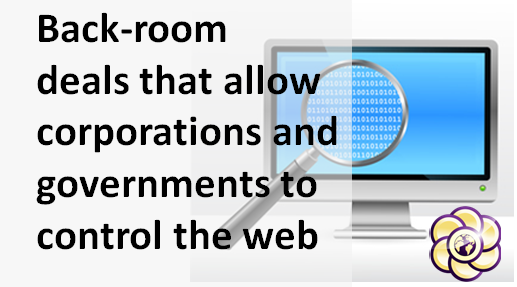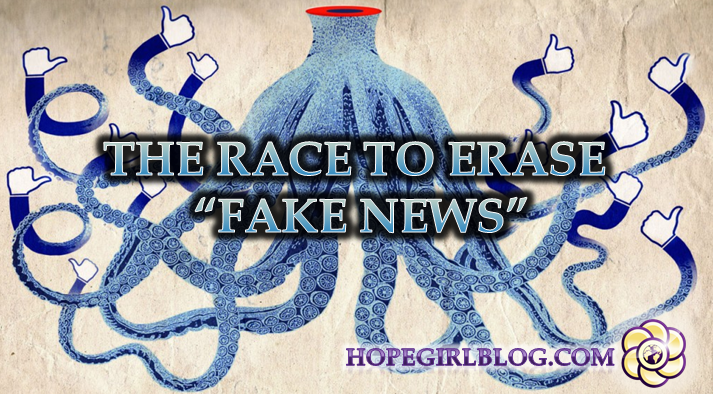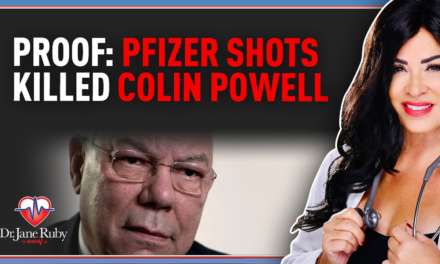… from the sorry-you-didn’t-get-the-memos,-stakeholders dept
The EFF is publishing a series looking at the multitude of ways gatekeepers and governments can make content disappear from the web — using everything from legislation they helped craft to applying pressure to multiple points between the content they want removed and the person who put it there.
But not every tool used to remove content comes in a form that can be contested by the general public. Some of these tools are the result of private agreements with private entities — agreements in which users have no say. The EFF calls it “Shadow Regulation.”
For example, agreements between copyright holders and Internet companies that give copyright holders the ability to effectively delete users’ content from the Internet, and agreements on other topics such as hateful speech and terrorism that can be used to stifle lawful speech. Unlike laws, such agreements (sometimes also called codes, standard, principles, or guidelines) aren’t developed with public input or accountability. As a result, users who are affected by them are often completely unaware that they even exist.
Even those who are aware of these agreements have few options for changing them, because users aren’t a party to these private deals. They tend to cover multiple companies, so shaming or boycotting a single company isn’t an option. And asking regulators to step in might not be possible either, because these agreements often have the active support of government officials who see them as a cheap and easy alternative to regulation.
It may be difficult to battle these agreements, but there’s nothing to be lost by exposing their inner workings to those affected by them. The EFF names a few examples: the “six strikes” infringement notification system, Europe’s hate speech code of conduct, and the MPAA’s “Trusted Notifier” program, which requires domain name registries to disable domains accused of infringement.
But the reach of these private agreements extends much further than this. Pretty much every intermediary between hosted content and those seeking to view it have options at their disposal for disappearing content should they be pressured to do so. The EFF highlights each link in the chain between site visitors and the hosted content, showing how these have been affected by shadow regulation.
ISPs, payment providers, certificate authorities, and search engines all are forms of internet connective tissue that can be severed at any time, and with few recourse options for those whose content has been removed. The private agreements aren’t just used by other private entities, like the MPAA and RIAA. They’re also exploited by censorious governments to stifle criticism or reporting that’s at odds with the official government line.
This is the introduction to a series of posts by the EFF, which will more closely examine each of these “weak links.” Just as importantly, the EFF is hoping to provide readers with the information they need to fight back against this unofficial, often-opaque form of speech regulation.
By Tim Cushing
(Source: techdirt.com; October 5, 2016; http://tinyurl.com/zg8yhyu)













